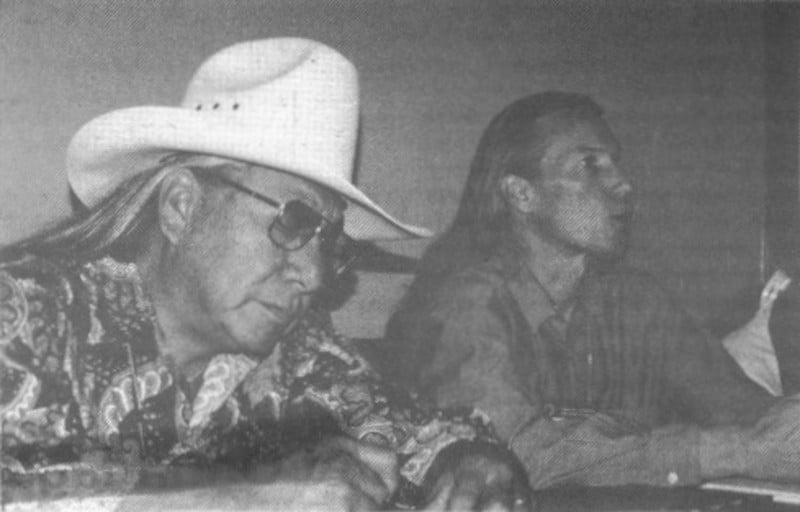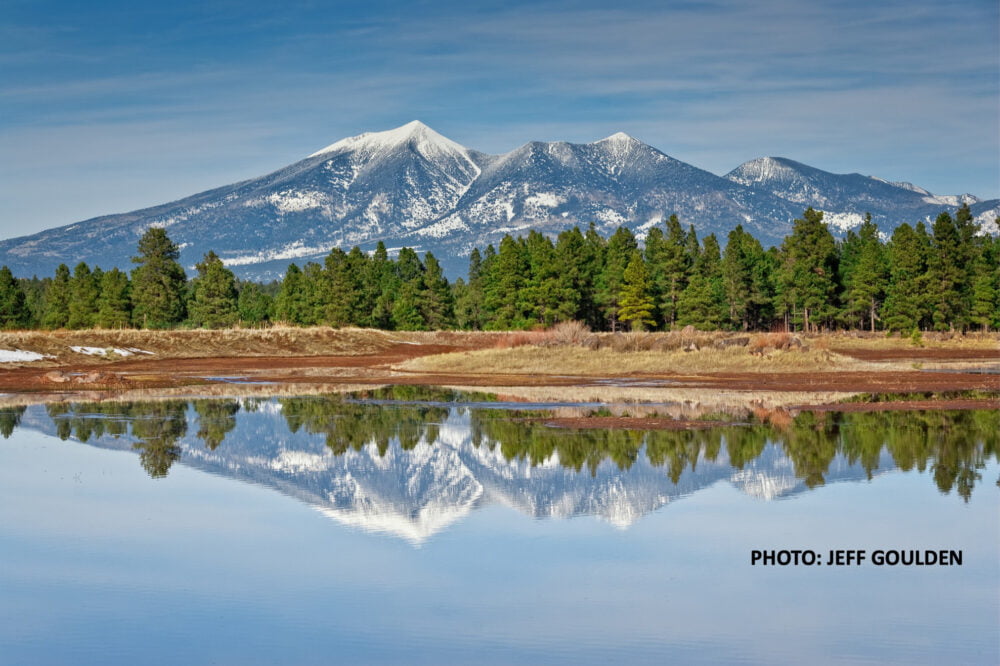In our view, the claim of a right of domination, and the behaviors that follow from that claim, are the main cause of the global problems we all face. This is why opposition to that claim is a potentially unifying theme for homo sapiens.
TagChristian Europeans
Conflicting Perspectives Regarding the Holy Mountain Called “San Francisco Peaks,” and Other Sacred and Significant Places of Original Nations and Traditional Healers
Our original nation ancestors understood mountains and other geographical areas as living beings imbued with spiritual energy. Our spiritual people knew and still know how to spiritually attune and align themselves with that energy in a ceremonial manner, by means of our languages and ceremonial ways. This has always been the central purpose of our Spiritual Way of Life.
The Principle of Prescription
In his book Elements of International Law, first published in 1836, Henry Wheaton pointed out that “the general consent of mankind has established the principle, that long and uninterrupted possession [of land] by one nation excludes the claim of every other.” During the so-called Age of Discovery, the category “mankind” was restricted to Christian Europeans
Are We As Native People Living Inside and Subject to the Mental World of the White Man?
In Red Man’s Land—White Man’s Law (1971), Wilcomb Washburn says he “hopes to describe” what he calls “the process by which the Indian moved from sovereign to ward to citizen.” (emphasis added) It would have been more accurate for him to have said it was the Christian Europeans thoughts and ideas that had “moved” “the
The Principle of Prescription
In his book Elements of International Law, first published in 1836, Henry Wheaton pointed out that “the general consent of mankind has established the principle, that long and uninterrupted possession [of land] by one nation excludes the claim of every other.” During the so-called Age of Discovery, the category “mankind” was restricted to Christian Europeans,
Visiting the John Carter Brown Library at Brown University in 1989
Years ago I was visiting the John Carter Brown Library at the Brown University campus. That is where Henry Wheaton went to college. He was the Reporter for the U.S. Supreme Court during the Johnson v. McIntosh ruling of 1823. I went there to do some research about the so-called Age of Discovery, the history
When Our Native Nations Were Living Free and Independent of the Ideas of Christendom
Prior to Columbus’s invasive arrival to our part of Mother Earth, our nations of Great Turtle Island (“North America”) were living in a physical location that was entirely free and independent of the Western Christendom’s system of domination. At that time, our nations were still free and independent of all the ideas and mental activities


